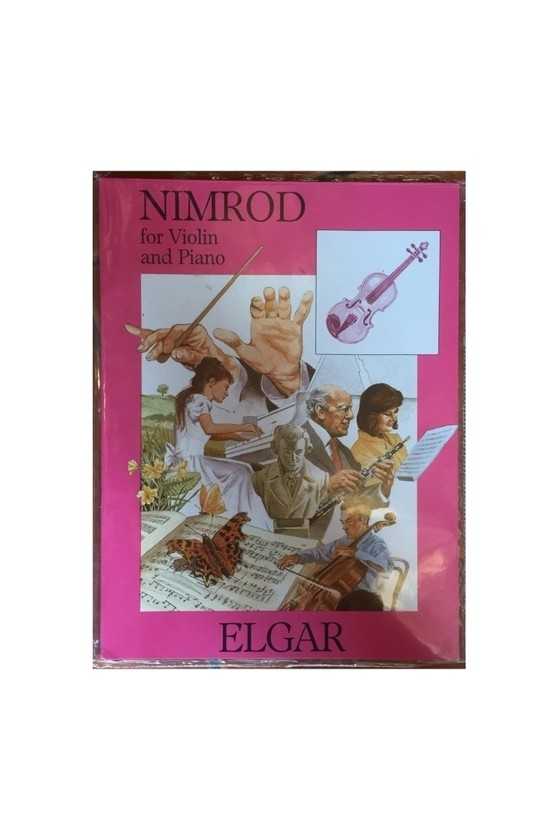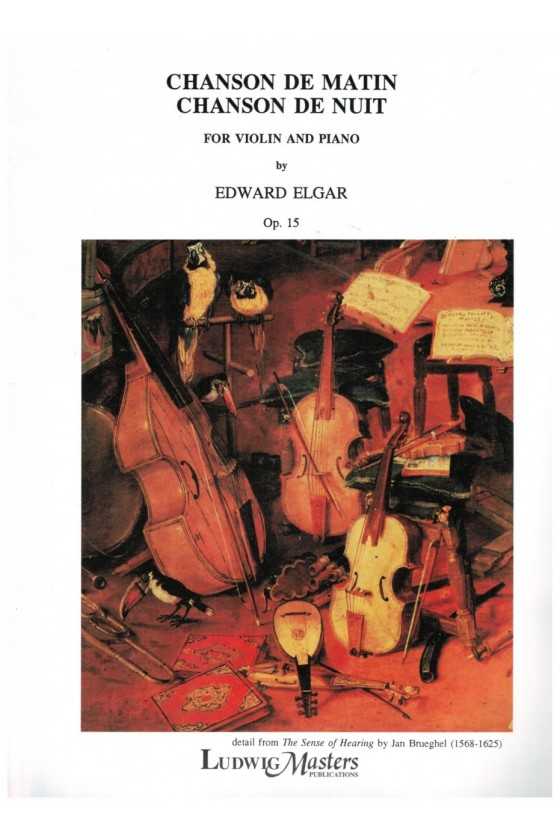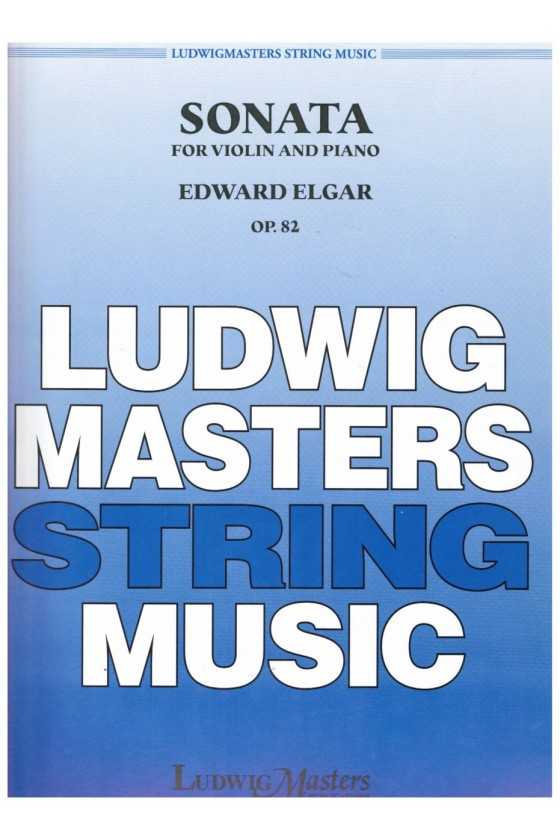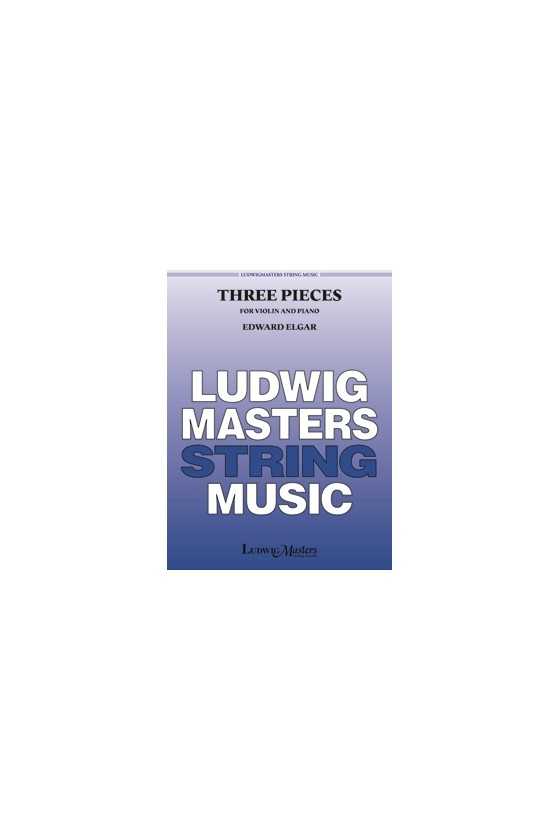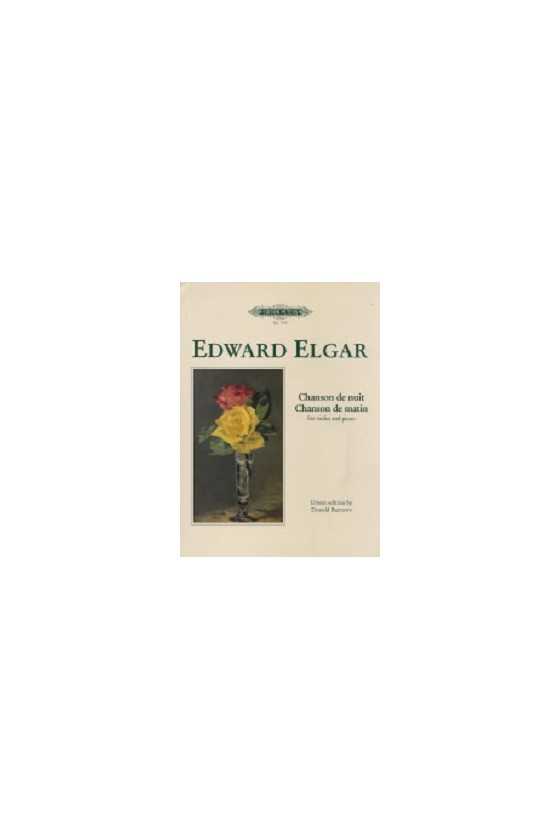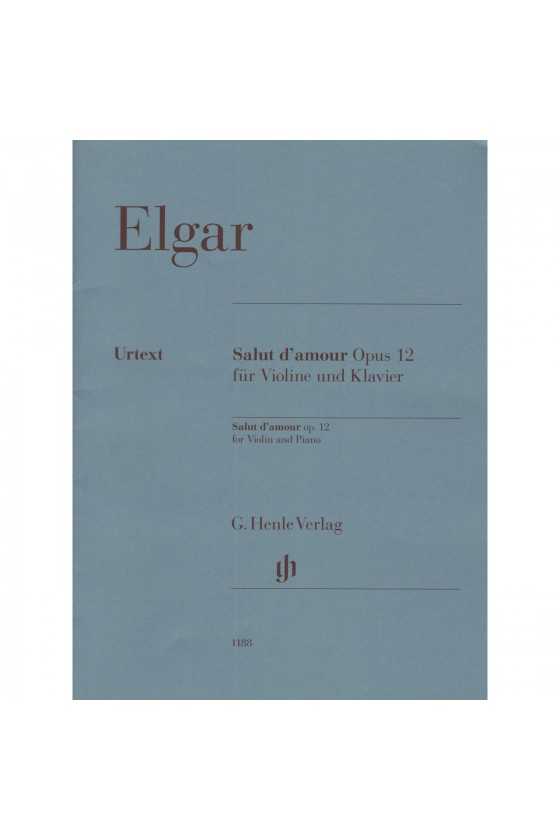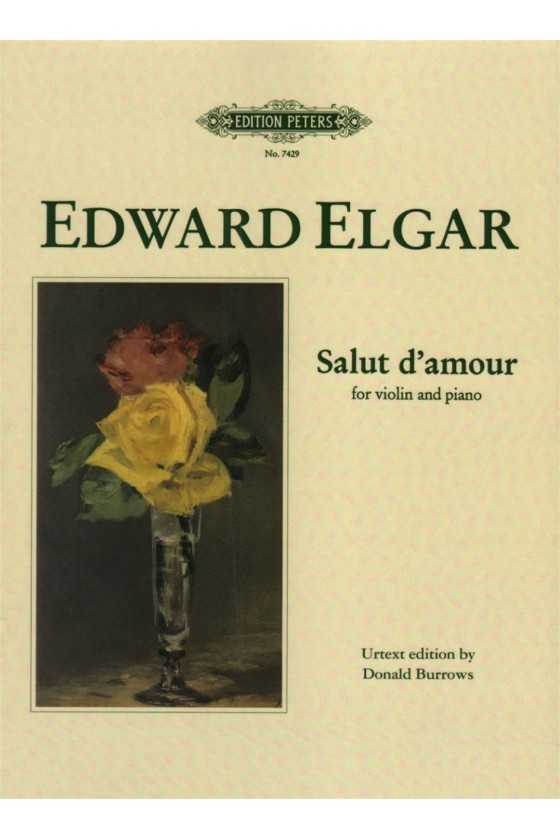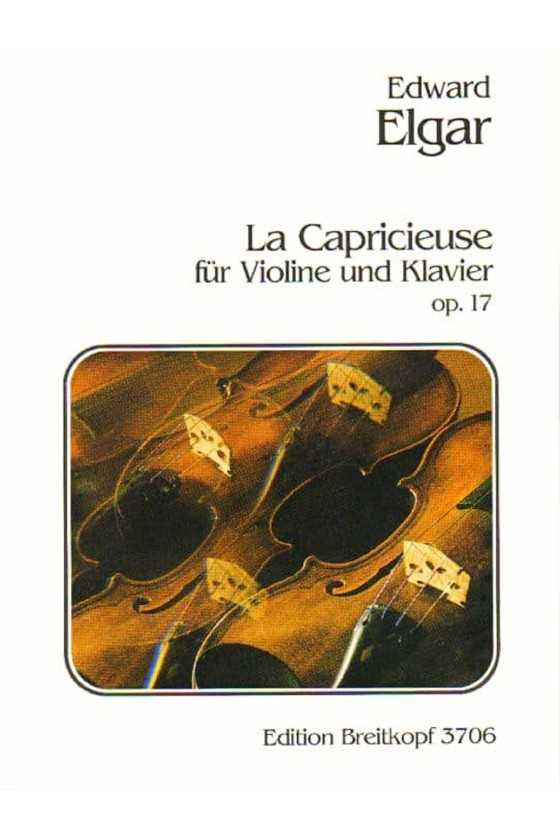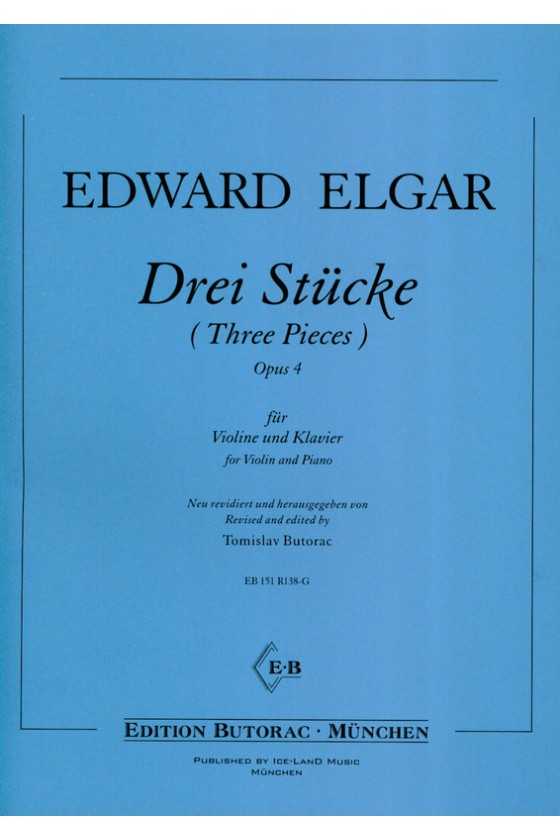Elgar, Edward
Edward Elgar, born on June 2, 1857, was a renowned English composer whose musical genius has left an indelible mark on the classical concert halls of Britain and beyond. His compositions, characterized by their emotive power and melodic beauty, continue to captivate audiences worldwide. In this article, we will delve into the life and music of Edward Elgar, exploring the influences that shaped his unique style and the challenges he faced as an artist.
Early Life and Influences
Edward Elgar was born into modest beginnings in Worcestershire, England. His musical journey began at a young age, as he showed a natural aptitude for the violin and piano. Despite lacking formal training, Elgar's talent was undeniable, and he quickly became a skilled performer. However, it was his passion for composition that truly set him apart.
Elgar's early musical influences were largely derived from continental Europe, a fact that would shape his artistic vision. Drawing inspiration from composers such as Bach, Beethoven, and Wagner, Elgar developed a deep appreciation for their innovative techniques and expressive melodies. His exposure to these musical giants would prove instrumental in the development of his own distinctive style.
The Struggles of an Outcast
While Elgar's musical influences were rooted in Europe, he found himself navigating a society that was primarily Protestant and suspicious of his Roman Catholic faith. This religious divide often left him feeling like an outcast, both musically and socially. Despite these challenges, Elgar remained undeterred, determined to forge his own path in the world of music.
In addition to his religious background, Elgar's self-taught status further isolated him from the academic circles of the time. Yet, he persevered, tirelessly honing his craft and refining his compositions. It was during this period of self-discovery that Elgar met and married Caroline Alice Roberts, the daughter of a high-ranking British Army officer. Alice, as she was affectionately known, proved to be a significant influence on Elgar's musical and social development.
The Enigma Variations: A Breakthrough
It was not until Elgar reached his forties that he achieved widespread recognition with his composition, the Enigma Variations. This orchestral work, composed in 1899, instantly captivated audiences in the United Kingdom and abroad. The Enigma Variations showcased Elgar's mastery of orchestration and his ability to evoke a range of emotions through music.
Each variation within the composition is a musical portrayal of a specific individual or a particular trait, resulting in a vivid tapestry of human character. The Enigma Variations firmly established Elgar as a composer of great skill and originality, paving the way for future successes.
The Dream of Gerontius: Controversy and Resilience
Following the success of the Enigma Variations, Elgar composed The Dream of Gerontius in 1900. This choral work, based on a Roman Catholic source, generated controversy among the Anglican establishment in Britain. Despite the initial backlash, The Dream of Gerontius went on to become a core repertory work in the United Kingdom and internationally.
Elgar's ability to convey deep spiritual themes through his music is evident in The Dream of Gerontius. The composition delves into the journey of a soul after death, exploring themes of redemption and the fragility of human existence. Although some critics initially dismissed the piece, its enduring popularity solidifies Elgar's place among the great composers of his time.
A Symphony and a Violin Concerto: Triumph and Adversity
In his fifties, Elgar composed two monumental works that would further cement his reputation as a masterful composer. His Symphony No. 1, completed in 1908, showcased Elgar's ability to create grand, sweeping melodies that resonate with the human spirit. The symphony was met with critical acclaim and remains one of Elgar's most cherished compositions.
Continuing his exploration of the orchestral realm, Elgar composed his Violin Concerto in 1910. This virtuosic work, demanding technical prowess from the soloist, exemplifies Elgar's ability to marry technical brilliance with emotional depth. The Violin Concerto, although initially met with mixed reviews, has since become a beloved staple of the violin repertoire.
Challenges and Revival
Despite the success of his early compositions, Elgar faced challenges in gaining recognition for his later works. His Symphony No. 2 and Cello Concerto, both composed in the years following his first symphony and violin concerto, did not immediately find favor with audiences and critics. However, Elgar's perseverance and unwavering belief in his music eventually led to their inclusion in the concert repertory of British orchestras.
In the years following Elgar's death in 1934, his music experienced a decline in popularity. However, a revival of interest in his compositions occurred in the 1960s, sparked by fresh recordings and a renewed appreciation for his unique musical voice. While some of Elgar's pieces have been revived abroad in recent years, his music continues to resonate most deeply within the United Kingdom.
Embracing Technological Advancements
Edward Elgar was not only a pioneer in the realm of classical music but also a visionary when it came to embracing new technologies. He was the first composer to recognize the potential of the gramophone, making a series of acoustic recordings of his works between 1914 and 1925. These recordings allowed for a wider dissemination of Elgar's music and a more precise representation of his compositions.
In 1923, Elgar introduced the moving-coil microphone, a groundbreaking innovation that revolutionized sound representation. With this new technology, Elgar was able to create new recordings of his major orchestral compositions and extracts from The Dream of Gerontius. The enhanced sound quality further immortalized Elgar's music and ensured its accessibility to future generations.
The Enduring Legacy
Today, Edward Elgar's music continues to captivate audiences with its emotional depth and lyrical beauty. His compositions, from the Enigma Variations to The Dream of Gerontius, have become staples of the classical repertoire, performed in concert halls around the world. Elgar's ability to evoke a range of emotions through his music, coupled with his unwavering dedication to his craft, solidifies his place among the greatest composers of his era.

Elgar, Violin Sonata Op.82 (Novello)
La Capricieuse for violin and piano Opus 17 (Breitkopf & Härtel)
Elgar composed La Capricieuse Morceau de Genre for violin and piano when he was 34. The piece was once popular and was even performed by Heifetz.

